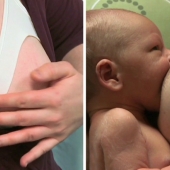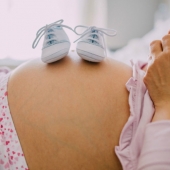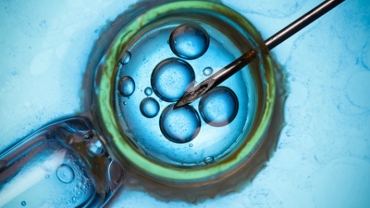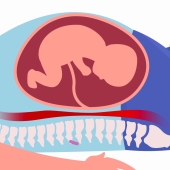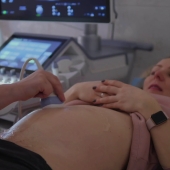A screening test aims to detect a disease or condition in the early stages before it causes significant problems, and where treatment can be offered. The potential benefits of a screening test should outweigh any possible risks from the test.
(Various other tests may also be offered in certain circumstances during pregnancy. For example, if you have symptoms which suggest a complication then other tests may be relevant. These are not discussed further.)
A midwife or doctor should discuss each test with you before it is done. You need to agree for the tests to be done. You can refuse to have a test if you do not want it.
Pre-conception: Commence folid acid. Give screening information as soon as possible.
0-12 Weeks: Women with type 1 or 2 diabetes are offered diabetic retinopathy (DR) screening annually. In pregnancy women with type 1 or 2 diabetes are offered a DR screen when they first present for care.
8-12 Weeks: Blood for Syphills, Hepatitis B, HIV and Rubella susceptibility as early as possible, or at any stage of the pregnancy. Blood for haemoglobin, group, rhesus and antibodies as early as possible, or as soon as a woman arrives for care, including labour.
16-20 Weeks: Follow-up DR screen for women with type 1 or 2 diabetes found to have DR.
28 Weeks: Further DR screen for women with type 1 or 2 diabetes.
0-10 Weeks: Blood for Sickle Cell and Thalassaemia
10-20 Weeks: Blood tests for Down's syndrome screening
11-14 Weeks: Early pregnancy scan to support Down's syndrome screening
18-21 Weeks: Detailed Ultrasound Scan
28 Weeks: Repeat haemoglobin and antibodies
28-36 Weeks: Give and discues newborn screning information
- 450 views

